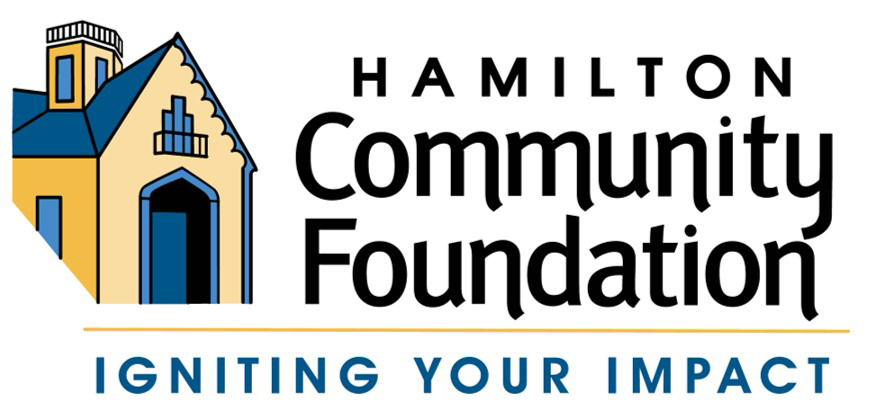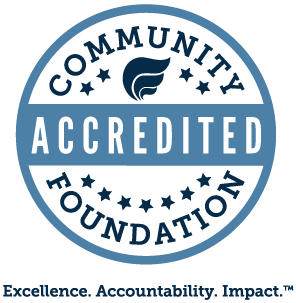- Engage Your Clients is a one-page summary of tips for opening a charitable giving discussion.
- As a professional advisor, you are in the unique position to serve not only the philanthropic needs of your clients, but to have a significant impact on the quality of life for the people in our community.



.jpg)
